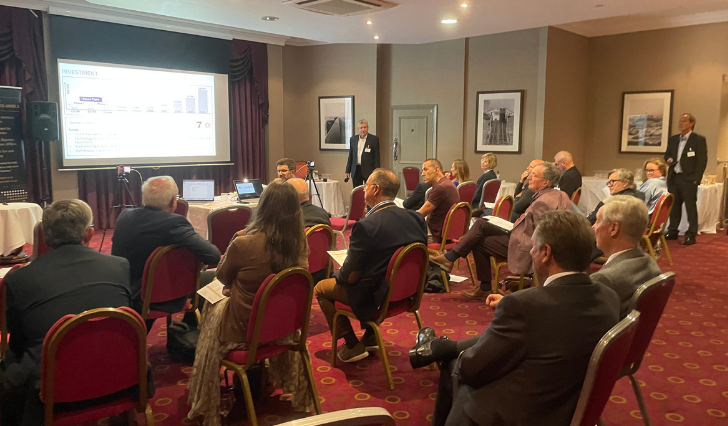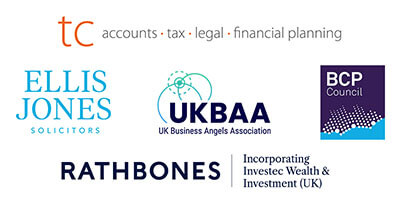In the wake of the Carillion collapse, only months after a clean audit opinion was issued by their auditors, questions are being asked whether their audit was sufficiently robust and had been conducted “appropriately and responsibly”.
Nigel Ballard, Audit Senior Manager at Saffery Champness Chartered Accountants advised, “The relationship between those charged with governance and their auditor is key and longevity of appointment can often lead to doubts over independence. In the Carillion case the review of certain contracts and the post balance sheet events appear crucial as does the independent view of the auditor.”
Nigel continued by responding to the question of what makes a robust audit…
What makes a robust audit?
A good audit should be conducted with the key principals of auditing kept at the heart of the services provided. The primary objective of an audit of the financial statements is for the auditor to provide independent assurance to the shareholders that the directors have prepared the financial statements properly. The auditor issues a report that includes an opinion as to whether or not the financial statements give a true and fair view. Thus the auditor assists the shareholders to exercise their proprietary powers as shareholders in the Annual General Meeting.
Integrity
Integrity is a prerequisite for all those who act in the public interest. It is essential that auditors act, and are seen to act, with integrity, which requires not only honesty but a broad range of related qualities such as fairness, candour, courage, intellectual honesty and confidentiality.
Integrity requires that the auditor is not affected, and is not seen to be affected, by conflicts of interest. Conflicts of interest may arise from personal, financial, business, employment, and other relationships which the audit engagement team, the audit firm or its partners or staff have with the audited entity and its connected parties.
Objectivity
Objectivity is a state of mind that excludes bias, prejudice and compromise and that gives fair and impartial consideration to all matters that are relevant to the task in hand, disregarding those that are not. Like integrity, objectivity is a fundamental ethical principle and requires that the auditor’s judgment is not affected by conflicts of interest.
The need for auditors to be objective arises from the fact that many of the important issues involved in the preparation of financial statements do not relate to questions of fact but rather to questions of judgment. For example, there are choices to be made by the board of directors in deciding on the accounting policies to be adopted by the entity: the directors have to select the ones that they consider most appropriate and this decision can have a material impact on the financial statements.
Furthermore, many items included in the financial statements cannot be measured with absolute precision and certainty. In many cases, estimates have to be made and the directors may have to choose one value from a range of possible outcomes. When exercising discretion in these areas, the directors have regard to the applicable financial reporting framework. If the directors, whether deliberately or inadvertently, make a biased judgment or an otherwise inappropriate decision, the financial statements may be misstated or misleading.
Independence
Independence is freedom from situations and relationships which make it probable that a reasonable and informed third party would conclude that objectivity either is impaired or could be impaired.
The need for independence arises because, in most cases, users of the financial statements and other third parties do not have all the information necessary for judging whether the auditor is, in fact, objective. Although the auditor may be satisfied that the auditor’s objectivity is not impaired by a particular situation, a third party may reach a different conclusion.
Compliance with ethical standards
The audit firm shall establish policies and procedures, appropriately documented and communicated, designed to ensure that, in relation to each audit engagement, the audit firm, and all those who are in a position to influence the conduct and outcome of the audit, act with integrity, objectivity and independence.
Value for money
Assuming your auditor is fully complying with the ethical standards, the question you should be asking is, “Do we receive value for money from our audit?” If your auditor shows integrity is objective and independent coupled with a challenge, feedback and recommendation to the board over weaknesses in your systems and controls then you are more than likely receiving a robust audit and will be getting good value for your money.
If you would like to discuss any aspects of your audit then please get in contact with Nigel Ballard, Audit Senior Manager at Saffery Champness, Bournemouth T: 01202 204744.
About Saffery Champness LLP
Saffery Champness LLP is the 12th largest firm of chartered accountants in the UK (by fee income), providing specialist advice to a wide range of professional practices, entrepreneurs, private clients individuals, and not-for-profit organisations.
For 160 years, the firm’s success has been founded upon providing clients with a genuinely partner-led service, and working with them to create bespoke solutions that help them to achieve their personal and business objectives.
Saffery Champness has almost 70 partners and nearly 600 staff in the UK, across nine offices, plus a presence in Guernsey, Geneva and Zurich, with 140 directors and staff based outside the UK.
Saffery Champness is also a member of the Nexia International network (Nexia). Nexia is a leading, global network of independent accounting and consulting firms, spanning over 120 countries.
Visit www.saffery.com for more information or see Twitter: @Safferys




